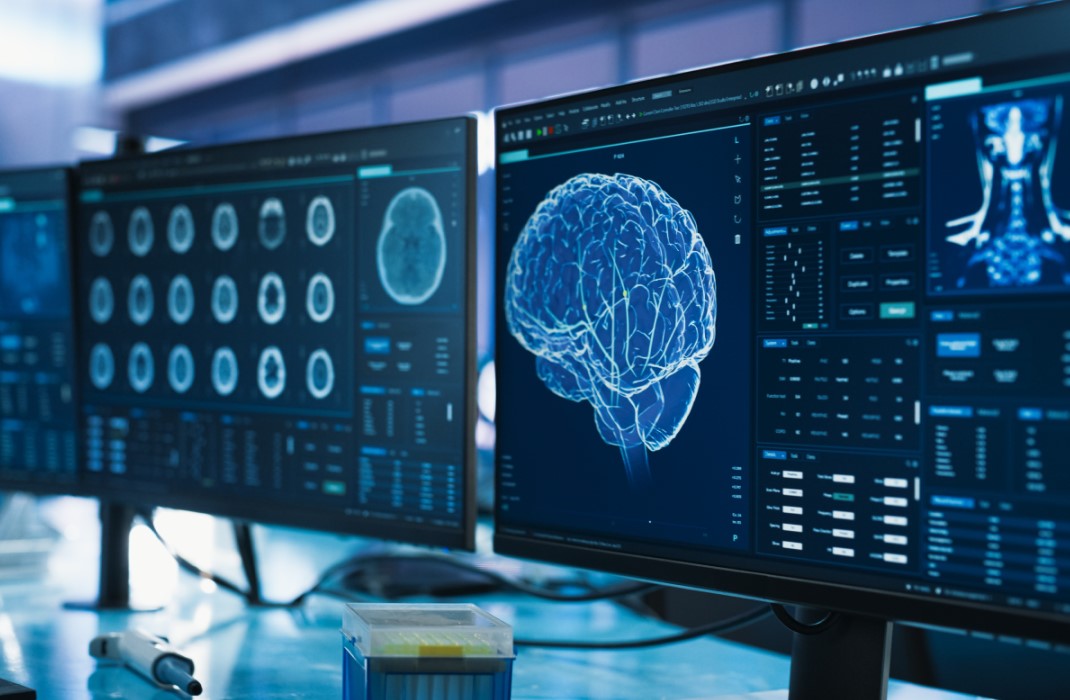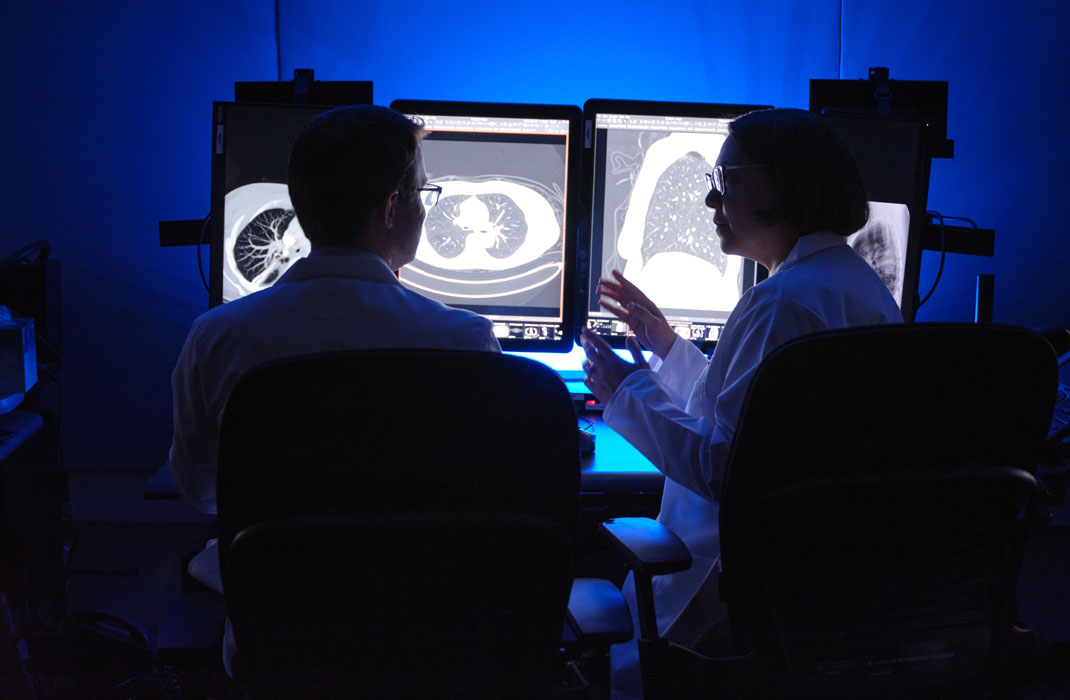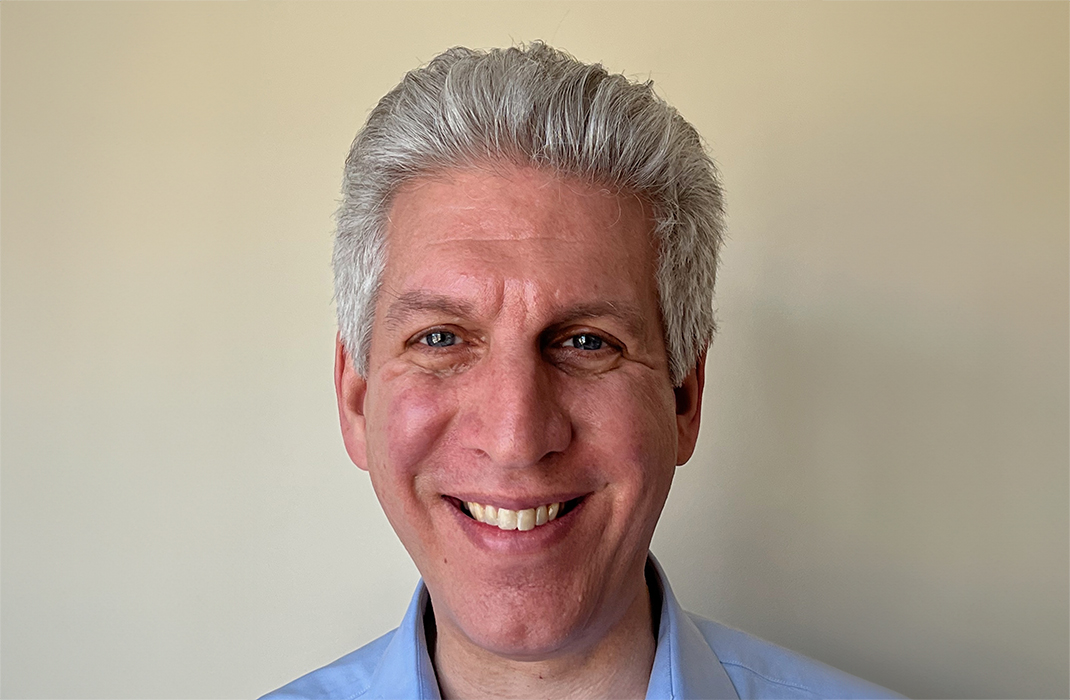-
- Find Care
-
- Visitor Information
- Find a Location
- Shuttles
- Visitor Policies
-
-
-
- Our Virtual Care Options
- Virtual Urgent Care
- Virtual Visits for Primary & Specialty Care
- Online Second Opinions
- Participate in Research
-
- Contact us
-
- For Innovators
- Commercialization Guide for Innovators
-
-
- Research News
- Alzheimer's Disease
- Artificial Intelligence
-
- Overview
-
- Overview
- Getting Started
- New to Mass General Brigham
- International Patient Services
- What Is Patient Gateway?
- Planning Your Visit
- Find a Doctor (opens link in new tab)
- Appointments
- Patient Resources
- Health & Wellness
- Flu, COVID-19, & RSV
- Billing & Insurance
- Financial Assistance
- Medicare and MassHealth ACOs
- Participate in Research
- Educational Resources
- Visitor Information
- Find a Location
- Shuttles
- Visitor Policies
- Find Care
-
- Overview
- Our Virtual Care Options
- Virtual Urgent Care
- Virtual Visits for Primary & Specialty Care
- Online Second Opinions
-
- Overview
- Participate in Research
-
- Overview
- About Innovation
- About
- Team
- News
- For Industry
- Venture Capital and Investments
- World Medical Innovation Forum (opens link in new tab)
- Featured Licensing Opportunities
- For Innovators
- Commercialization Guide for Innovators
- Contact us
-
- Overview
- Information for Researchers
- Compliance Office
- Research Cores
- Clinical Trials
- Advisory Services
- Featured Research
- Two Centuries of Breakthroughs
- Advances in Motion (opens link in new tab)
- Brigham on a Mission (opens link in new tab)
- Gene and Cell Therapy Institute
- Research News
- Alzheimer's Disease
- Artificial Intelligence
-
- Overview
-
- Overview
- Residency & fellowship programs
- Brigham and Women's Hospital
- Massachusetts General Hospital
- Mass Eye and Ear
- Newton-Wellesley Hospital
- Salem Hospital
- Integrated Mass General Brigham Programs
- Centers of Expertise
- Global & Community Health
- Health Policy & Management
- Healthcare Quality & Patient Safey
- Medical Education
- For trainees
- Prospective trainees
- Incoming trainees
- Current trainees
- Continuing Professional Development
Mass General Brigham Research Identifies Pitfalls and Opportunities for Generative Artificial Intelligence in Patient Messaging Systems
Key Takeaways
Study found GPT-4-generated messages to patients were acceptable without any additional physician editing 58% of the time and provided more detailed educational information than those written by physicians.
AI-generated messages had shortcomings, including 7% of responses being deemed unsafe if left unedited.
Generative AI may promote efficiency and patient education, but require a “doctor in the loop” and a cautious approach as hospitals integrate algorithms into electronic health records.
A new study by investigators from Mass General Brigham demonstrates that large language models (LLMs), a type of generative AI, may help reduce physician workload and improve patient education when used to draft replies to patient messages. The study also found limitations to LLMs that may affect patient safety, suggesting that vigilant oversight of LLM-generated communications is essential for safe usage. Findings, published in The Lancet Digital Health, emphasize the need for a measured approach to LLM implementation.
Rising administrative and documentation responsibilities have contributed to increases in physician burnout. To help streamline and automate physician workflows, electronic health record (EHR) vendors have adopted generative AI algorithms to aid clinicians in drafting messages to patients; however, the efficiency, safety and clinical impact of their use had been unknown.
Authorship: Mass General Brigham co-authors include first author Shan Chen, MS, and Marco Guevara, Frank Hoebers, Benjamin Kann, Hugo Aerts and Raymond Mak of the AIM Program at Mass General Brigham and the Department of Radiation Oncology at Brigham and Women’s Hospital/Dana-Farber Cancer Institute, and Shalini Moningi, Hesham Elhalawani, Fallon Chipidza, and Jonathan Leeman (Brigham and Women’s Hospital). Additional co-authors include Timothy Miller, Guergana Savova, Jack Gallifant, Leo Celi, Maryam Lustberg, and Majid Afshar.
Disclosures: Bitterman is an Associate Editor of Radiation Oncology, HemOnc.org and receives funding from the American Association for Cancer Research. A complete list of disclosures is included in the paper.
Funding: Bitterman received financial support for this work from the National Institutes of Health (U54CA274516-01A1). Bitterman also received financial support from the Woods Foundation. A complete list of funding sources is included in the paper.
Paper cited: Chen, S et al. “The impact of using a large language model to respond to patient messages” Lancet Digital Health DOI: 10.1016/S2589-7500(24)00060-8
Media contact
About Mass General Brigham
Mass General Brigham is an integrated academic health care system, uniting great minds to solve the hardest problems in medicine for our communities and the world. Mass General Brigham connects a full continuum of care across a system of academic medical centers, community and specialty hospitals, a health insurance plan, physician networks, community health centers, home care, and long-term care services. Mass General Brigham is a nonprofit organization committed to patient care, research, teaching, and service to the community. In addition, Mass General Brigham is one of the nation’s leading biomedical research organizations with several Harvard Medical School teaching hospitals. For more information, please visit massgeneralbrigham.org.
Related research about artificial intelligence
-

published on
-

published on
-

published on
-

published on
-

published on
-

published on
-

published on
-

published on
-

published on
